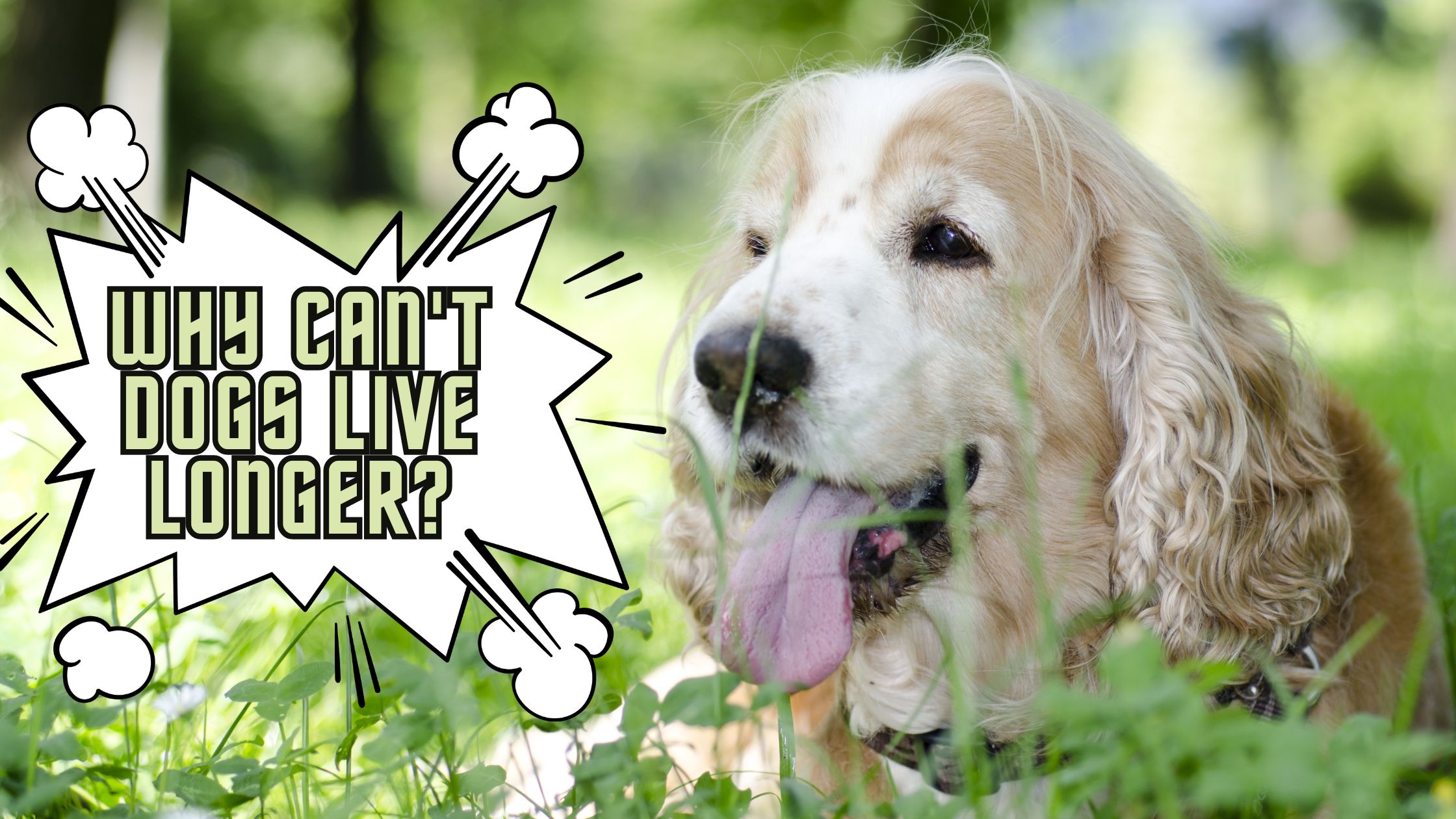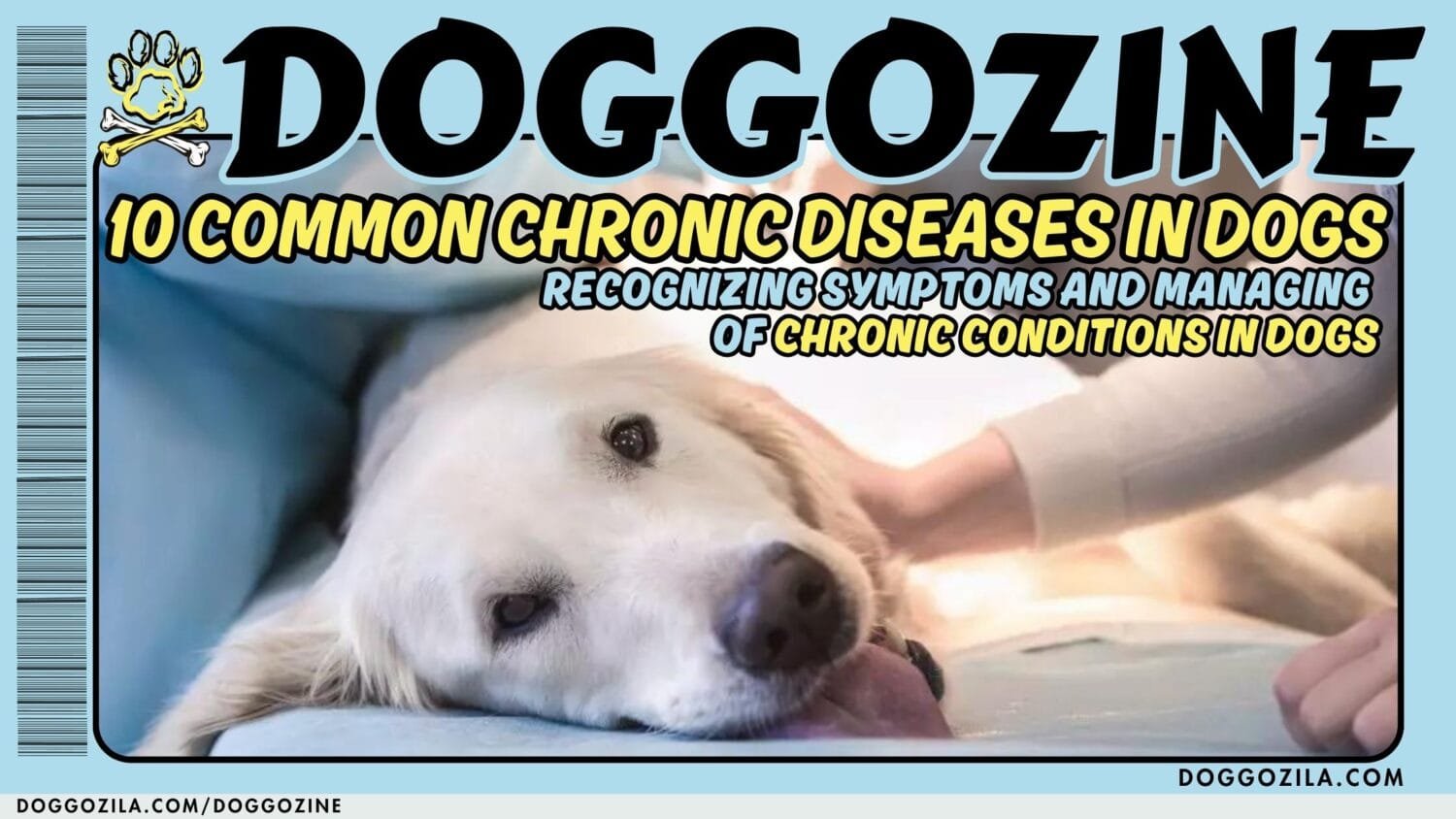All dog owners feel sad that their furry friends have short lives. Dog owners love their pets’ loyalty and joy. Yet they still wonder: Why can’t dogs live longer?

WHAT LIMITS THE LIFE SPAN OF DOGS AND WHY CAN’T LIVE LONGER
Let’s explore what decides how long dogs live. We’ll look at biological factors and their environment.
Find out why dogs can’t live longer!
A Dog’s Genes Matter
A dog’s breed affects its life span. Big dogs tend to live less than small ones. Genes make some breeds live longer. Learning about breed genes helps know what to expect.
Dogs Age Faster
Another key reason dogs don’t live long is fast aging. Their cells divide quickly. Their bodies work faster too. Understanding dog aging helps care for senior dogs better.
Just like people, dogs can get sick in many ways. Some dogs are born with a chance of getting certain health problems. Every dog breed has its health issues. Cancer is also common in dogs. Regular check-ups with the vet are very important. With proper care, you can help keep your dog healthy longer.
Environmental and Lifestyle Influences
What you feed your dog matters a lot. Good food gives dogs the right nutrients. The right diet at every life stage keeps dogs healthy. Each breed needs a special diet. Eating good food will help dogs live longer.
Dogs need to stay active. Moving around and keeping busy exercises their body and mind. Different dogs need different amounts of exercise. Giving dogs daily activity keeps them happy and healthy. This helps dogs live a longer life.
Taking dogs to the vet is crucial. Get check-ups done often. Catch any health issues early. Follow the vet’s advice carefully. Proper vet care prevents many dog diseases. Being responsible means getting your dog the best care.
The Emotional Landscape of Dogs
Dogs can feel stressed and anxious too. Their emotional health is important for their overall well-being. When dogs are stressed or anxious, it can affect how long they live. To keep dogs happy and healthy, we need to create a calm and supportive environment for them. Using positive reinforcement and giving them a safe home can help reduce their stress levels.
Dogs are very social animals. They share a strong bond with their human owners. Looking at how this bond and socialization benefits dogs emotionally is important. Dogs and humans have a special give-and-take relationship. This relationship helps keep dogs mentally and emotionally healthy. Spending quality time with dogs and letting them socialize in a positive way enriches their emotional lives.
Coping with Dog Loss and Grief
As dogs get older, their owners have to make tough decisions about end-of-life care. Understanding options like palliative care and euthanasia is crucial. Pet owners must also learn to cope with the loss of their beloved dogs. Having open talks about end-of-life care helps owners make choices that respect their dog’s well-being.
There are many reasons why dogs can’t live as long as we’d like. Genetics, biology, environment, and emotions all play a role. While we may only share a short time with our canine friends, we can give them the best possible care. Learn about what impacts their lifespan. Appreciate each dog’s uniqueness. Surround them with love, health, and happiness. In doing so, we honor the immense joy they bring to our lives.

WHY GENES AFFECT THE LIFE SPAN OF DOGS AND WHY CAN’T LIVE LONGER?
Many dog owners wonder why some dogs live longer than others. A dog’s lifespan depends on many things. But genetics play a big role. In this article, we explore how a dog’s genes shape its life span.
We also look at how genetics impact a dog’s health.
A Dog’s Genetic Makeup
Different dog breeds tend to live for different lengths of time. This shows that genes affect lifespan. Studying lifespan differences across breeds highlights the role of genetics. It reveals the diversity of dog genetics.
A dog’s size also matters for lifespan. Small dogs generally live longer than big dogs. Exploring why reveals genetic factors related to size. Understanding size can help set realistic lifespan expectations.
Certain breeds are prone to some health issues due to genetics. Genetic conditions can shorten a dog’s life. Learning about inherited diseases shows genetics’ impact. Early testing and care can help manage these conditions.
Cracking the Code: Genes and Aging in Dogs
Growing older in dogs involves an interplay between genes and the environment. Studying the genetic side shows how certain genes affect how quickly dogs age and their lifespan. Understanding these genetic influences can help promote healthy aging in dogs.
Telomeres, protective caps at chromosome ends, play a key role in cellular aging of dogs. Looking at how genes influence telomere length and stability gives insights into cellular mechanisms involved in the dog aging process. Grasping telomere dynamics aids in understanding genetic effects on dog longevity.

MANAGING GENETICS FOR DOG WELLNESS
Nutrition and Lifespan: A Genetic View
Dog nutrition closely relates to genes that control metabolism, digestion, and overall health. Exploring this genetic perspective on nutrition reveals ways to tailor diets to meet needs dictated by a dog’s genes. Breed-specific nutrition plans enhance well-being and contribute to longer, healthier lives.
Exercise and Genetic Factors
Genes also influence dogs’ physical traits and energy levels. Investigating the genetics-exercise connection provides a basis for customizing exercise routines to align with a dog’s genetic predispositions. Recognizing genetic influences on physical traits enhances exercise regimen effectiveness.
Keeping Dogs Healthy with Genetic Testing
New advances in veterinary genetics help identify genetic markers linked to health issues. Looking at genetic testing for health monitoring shows how screening early can help detect and prevent problems. Using genetic testing as part of regular vet care helps pet owners make informed health decisions.

BREEDING PRACTICES AND GENETIC VARIETY
Ethical Breeding Methods
Responsible breeding is vital for preserving genetic diversity and reducing inherited health conditions. Exploring ethical breeding’s role in shaping genetics highlights how breeders impact dogs’ overall health and lifespan. Supporting ethical breeders promotes well-being for future dog generations.
A Quick Summary About Why Dogs Can’t Live Longer
Genetic factors influencing a dog’s lifespan are part of complex canine biology. Studying breed longevity, size-related genetics, and genetics’ aging impact gives deeper insight into life duration factors. As we understand genetic testing, responsible breeding, and tailored genetic care, we enable providing optimal environments. Enhancing longevity involves genetics as both blueprint and roadmap for longer, healthier lives for beloved dogs.
By exploring genetic testing, ethical breeding practices, and care based on genetic predispositions, we gain tools for helping dogs live longer, healthier lives. While complex, canine genetics offer a path forward through responsible practices benefiting future generations. This overview aimed to address the fundamental question of why dogs cannot currently live longer.

Are you curious to learn more about your furry friend growing older?
Let us explore how dogs experience the aging process on Wiki Pages!









